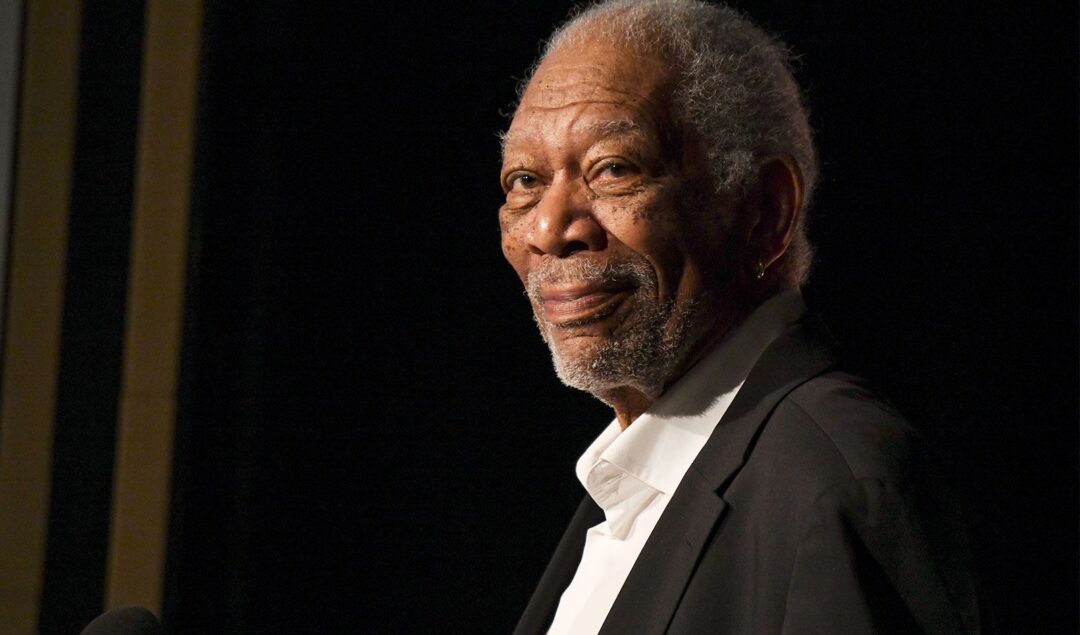Morgan Freeman Takes Legal Action Over AI Clones: “You’re Robbing Me”

Oscar-winning actor Morgan Freeman is taking legal action against companies and individuals who have replicated his iconic voice and likeness without his permission. His stance comes amid growing concerns in Hollywood over the use of AI to create deepfakes and synthetic replications without consent or compensation.
Morgan Takes Legal Action Against Unauthorized AI
In a recent interview with The Guardian, Freeman made his position clear: “I’m a little PO’d, you know. I’m like any other actor: don’t mimic me with falseness. I don’t appreciate it, and I get paid for doing stuff like that, so if you’re gonna do it without me, you’re robbing me.”
In December 2024, The Washington Mail reported that the actor’s legal team issued a cease and desist order to Yonatan Badash, the creator of a “FreemanAI” Twitter bot designed to mimic the legendary actor’s voice, cadence, and style.
In the interview, Freeman confirmed that his legal team has already uncovered numerous instances of unauthorized AI use and is actively litigating several cases.
Tilly Norwood And The Rise Of AI “Actors”
Freeman also criticized the debut of Tilly Norwood, the first “AI actor,” a fully digital persona created by UK-based studio Particle6. Unveiled in September 2025, Norwood has appeared in AI-generated content and maintains a social media presence, drawing interest from talent agencies and triggering backlash from performers’ unions.
“Nobody likes her because she’s not real, and that takes the part of a real person,” Freeman added. “The union’s job is to keep actors acting, so there’s going to be that conflict.”
SAG-AFTRA and other industry voices have pushed back against synthetic performers, arguing they exploit and threaten the livelihoods of real actors.

OpenAI’s Sora 2 Fuels Industry Tensions
Freeman’s legal action follows the release of OpenAI’s Sora 2, an AI tool that allows users to recreate real people and characters. According to the Hollywood Reporter, the rollout sparked criticism from agencies like WME, which represents major talents such as Michael B. Jordan and Oprah Winfrey.
In a statement, the Motion Picture Association Chairman and CEO Charles Rivkin called on OpenAI to “take immediate and decisive action,” asserting that copyright laws already protect creators.
OpenAI initially operated under an “opt-out” model but has since updated its policy to require “opt-in” consent for names, voices, and likenesses.
Image credit: Michael Kovac/Getty Images



